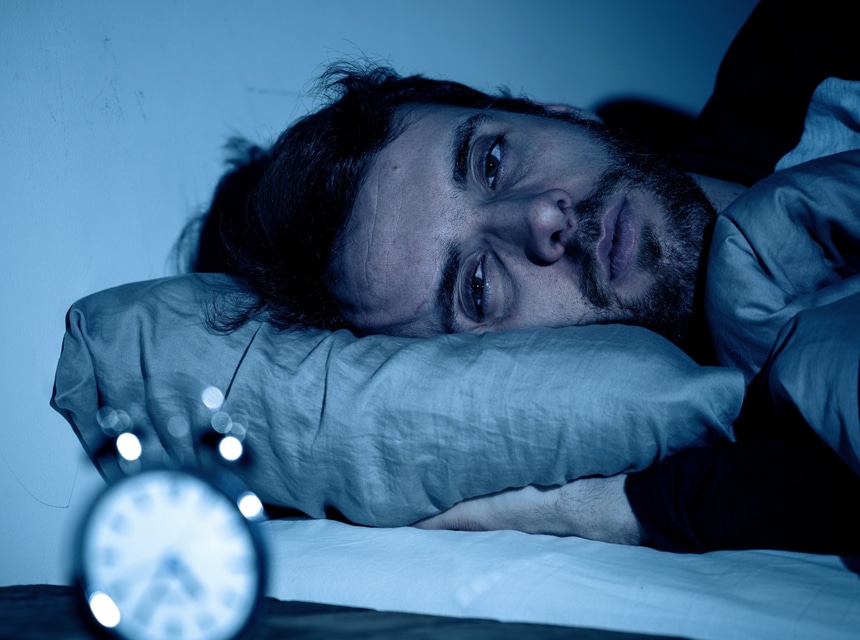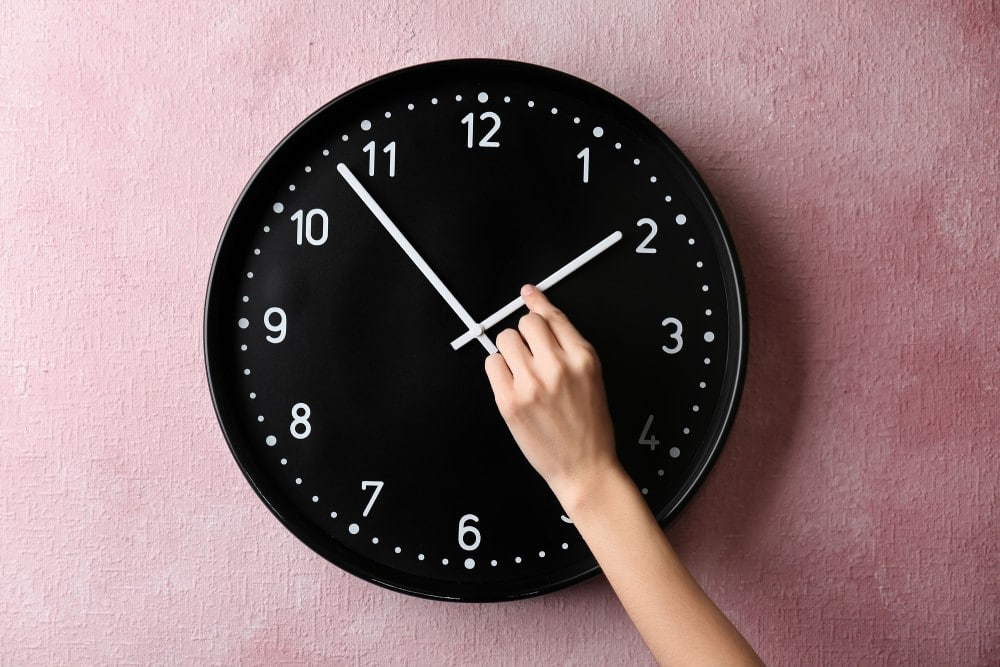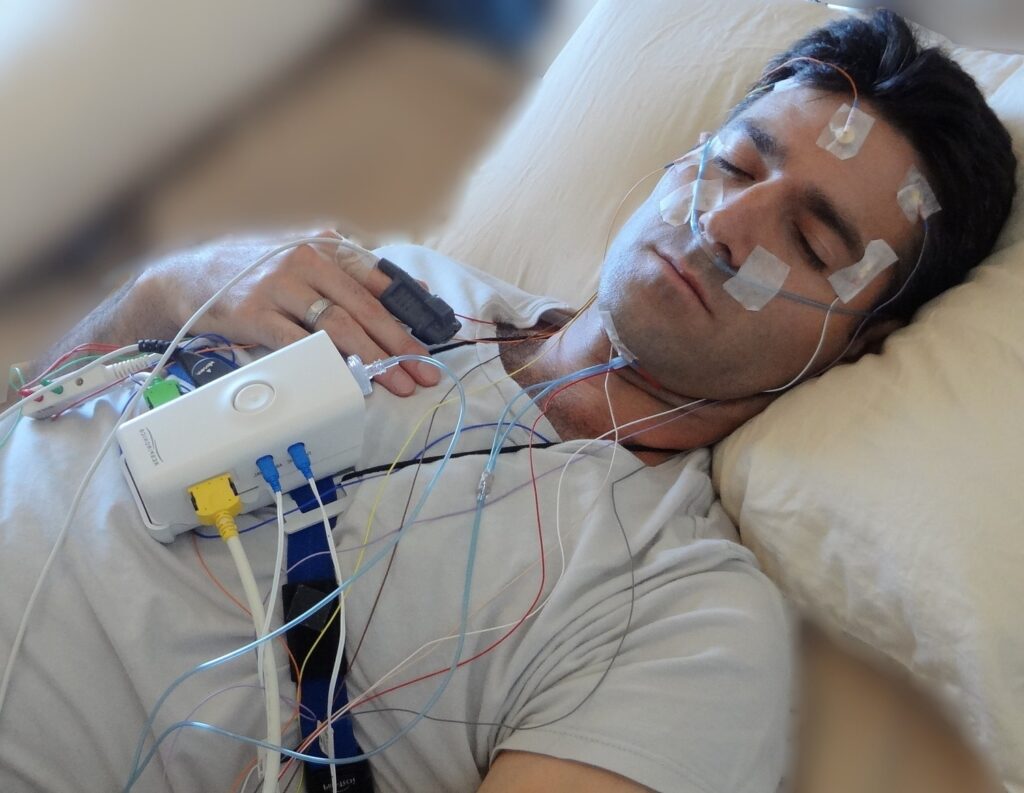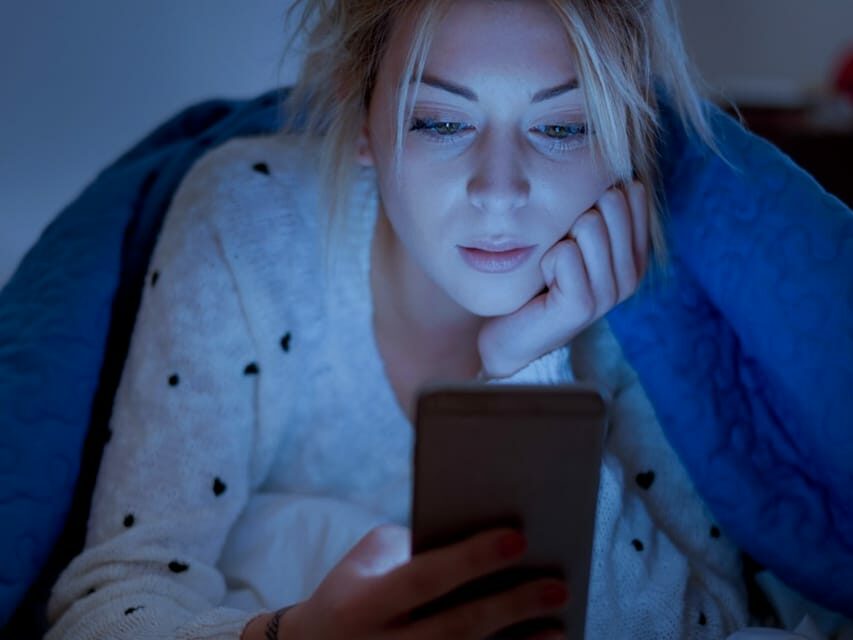

Do you consistently struggle to fall asleep or stay asleep? If so, you may have a condition called insomnia. Don’t worry though, you’re certainly not alone! According to this article from CNN Trusted Source Insomnia: How the pandemic is affecting your sleep - CNN Between cooling off from the stress of the workday and managing her anxiety from reading about the pandemic and politics, she’s lucky to turn in before midnight. Once the 44-year-old marketing executive falls asleep, she usually wakes up two or three times before the alarm rings around 6 a.m. www.cnn.com , about 1/3 of adults in America weren’t getting the recommended amount of sleep before the pandemic, and the numbers have only risen.
Indeed, insomnia is so common that the New York Times published this piece Trusted Source Most sleep experts offer standard advice to people who occasionally wake up at 3 a.m. and can’t fall back to sleep after 20 minutes or so: Ignore the clock, get out of bed and do a calming activity. Then, return to bed when you start to feel sleepy again. www.nytimes.com full of advice from readers and experts on how to tempt sleep when you’re feeling wide awake. It has long been understood that an overactive and stressed-out mind will struggle to fall asleep, and beating insomnia can be tricky without managing the stressful factors in your waking life first.
Scientists have been trying to get to the bottom of the insomnia problem for decades, and a new Japanese study sheds light on what makes a given person more or less prone to sleep deprivation. The study was a longitudinal study, which means that the researchers involved looked at the chosen variables over a long period of time (in this case, it was a period of two years).
The study specifically sought to understand the link between stress coping mechanisms— the way you handle your feelings of stress— and insomnia, and what they found was very compelling. After examining results from 1,358 Japanese workers, they concluded that individuals who frequently used poor coping strategies (referred to as maladaptive coping strategies) had more extreme insomnia symptoms than those that used positive (adaptive) coping strategies.
You might be wondering, “what makes a coping strategy ‘good’ or ‘bad’?” In the study, these coping strategies were considered adaptive or good:
While these were considered maladaptive or bad:
Participants in the study were given a self-report questionnaire that asked questions about their employment, age, sex, coping strategies, sleep quality and duration, and other lifestyle choice questions. They were also asked to complete a pre-existing and widely used psychological scale called the Perceived Stress Scale, which determines an individual’s baseline levels of life stress at the time of the test. Participants who took these surveys completed the surveys twice, once in 2018 and once in 2020.
The survey results from both years revealed that using positive, adaptive coping strategies was associated with having less significant or nonexistent levels of insomnia. Those participants that had high levels of insomnia tended not to rely on humor, planning, or instrumental support, for example, when handling their stress. Instead, they preferred methods like denial, self-distraction, and self-blame. Interestingly, the study also found that people who relied more on religion for coping with stress also tended to have higher rates of insomnia.
The study also concluded that individuals who suffered from insomnia were able to control it better— and eventually report lower levels of it— when they adopted adaptive coping strategies like positive reframing.
It is important to note that this study does not claim to determine any causation between these two factors. In fact, observational studies like this one never can. The researchers merely acknowledge that they discovered a strong association between stress coping strategies and insomnia severity.
Nonetheless, the findings were compelling. Next time you find yourself battling sleeplessness, consider examining your stress coping mechanisms. Perhaps it’s time to make a change.





